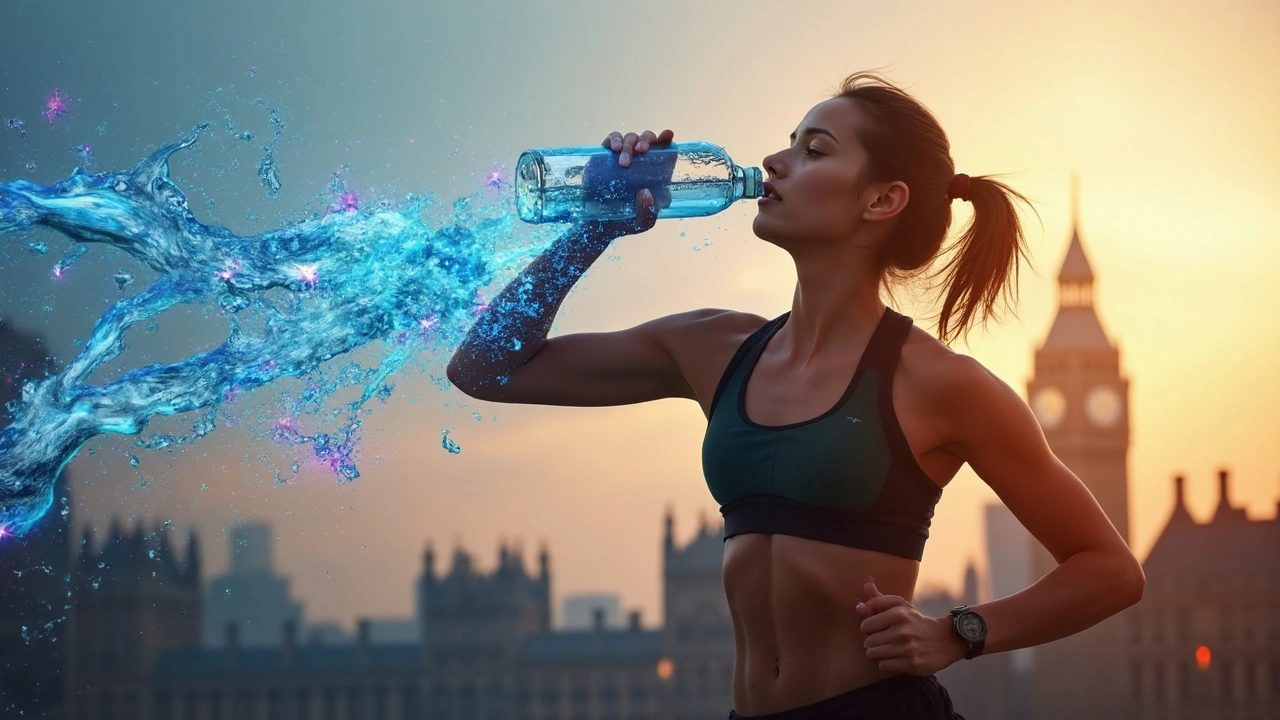
Ever wondered why you feel those nagging muscle aches after a workout? One surprising culprit: dehydration. Many folks overlook how essential water is to keeping muscles happy and healthy. It might seem like a no-brainer, but staying hydrated can be a game-changer when it comes to muscle recovery.
When you're sweating it out, your body loses more than just water. Essential electrolytes – like sodium and potassium – make their exit too. These guys are responsible for keeping muscle function and repair in check. Without enough H2O and electrolytes, your muscles will likely scream at you louder the next day.
Don't underestimate the power of simple hydration habits. Drinking water consistently before, during, and after exercise can help keep those muscle aches at bay. Not only will you improve recovery times, but you'll also enhance your performance. So, why not grab a bottle and make it your gym buddy?
- Why Hydration Matters for Muscles
- Understanding Dehydration's Impact on Recovery
- Smart Hydration Habits for Muscle Health
- Hydration Myths Busted
Why Hydration Matters for Muscles
You’ve probably heard the advice a million times: drink water! But how exactly does this help your muscles? Well, it turns out that water does a whole lot more than you might think. Staying hydrated ensures nutrients and oxygen are delivered efficiently to your muscle cells. This means they get the fuel they need to keep working at their best and repair themselves after a workout.
The Science Behind Hydration
Our muscles are made up of about 75% water. So, when you're low on H2O, muscle performance can take a hit. A study showed that losing just 1-2% of body weight in fluid can lead to noticeable decreases in your strength, speed, and concentration. That's why athletes focus so much on keeping their hydration levels in check.
Electrolytes: The Silent Muscle Helpers
When you think about hydration, it’s not just about plain water. Electrolytes like sodium, potassium, and magnesium are crucial as they regulate nerve and muscle function. Sweating out these electrolytes without replenishing them can cause cramps and soreness. Drinking beverages with electrolytes, especially after intense sessions, helps your recovery a lot.
- Water aids in digesting proteins and carbohydrates, which are essential for muscle repair.
- Proper hydration supports heart function, ensuring muscles get oxygenated blood efficiently.
- Adequate fluid intake helps prevent the build-up of toxins and lactic acid, reducing fatigue.
If you’re aiming to boost muscle health, monitoring your hydration should be as important as tracking your bench press stats.
Understanding Dehydration's Impact on Recovery
We all know that muscle soreness after a good workout is a sign of progress, but did you know that hydration can greatly influence how quickly you bounce back? When you're dehydrated, your body can't perform crucial tasks efficiently, which can drag out recovery times. Let's break it down what happens when your body's low on water.
Muscle Function and Repair
Your body's performance hinges on its ability to get nutrients and oxygen to your muscle tissues. When dehydration hits, blood volume decreases. This means less oxygen and nourishment for your muscles, leading to prolonged muscle aches and extended recovery periods. Imagine trying to drive a car with low fuel—inefficient, right?
Preventing Muscle Breakdown
Proper hydration helps manage the concentration of electrolytes in your body. Electrolytes are crucial for muscle contractions and nerve functions. Without them, you're at risk of muscle breakdown, cramps, and increased soreness. Keeping those electrolyte levels in check can ward off these pesky issues.
The Science of Sweat and Recovery
Draining sweat doesn't just leave you thinner on water, it also means losing key electrolytes. If you don't replenish these through hydration and balanced electrolytes, you're setting yourself up for trouble. Think of it as leaving a flashlight on—eventually, it dims, unable to serve its purpose.
| Nutrient | Importance |
|---|---|
| Water | Essential for nutrient transport |
| Sodium | Regulates fluid balance |
| Potassium | Aids in muscle contractions |
Stick to consistent hydration habits—not just when you're feeling thirsty. Aim for a steady intake throughout the day to keep muscles primed and ready to repair. Don't wait for soreness to settle in before reaching for that water bottle. Your muscles will thank you!
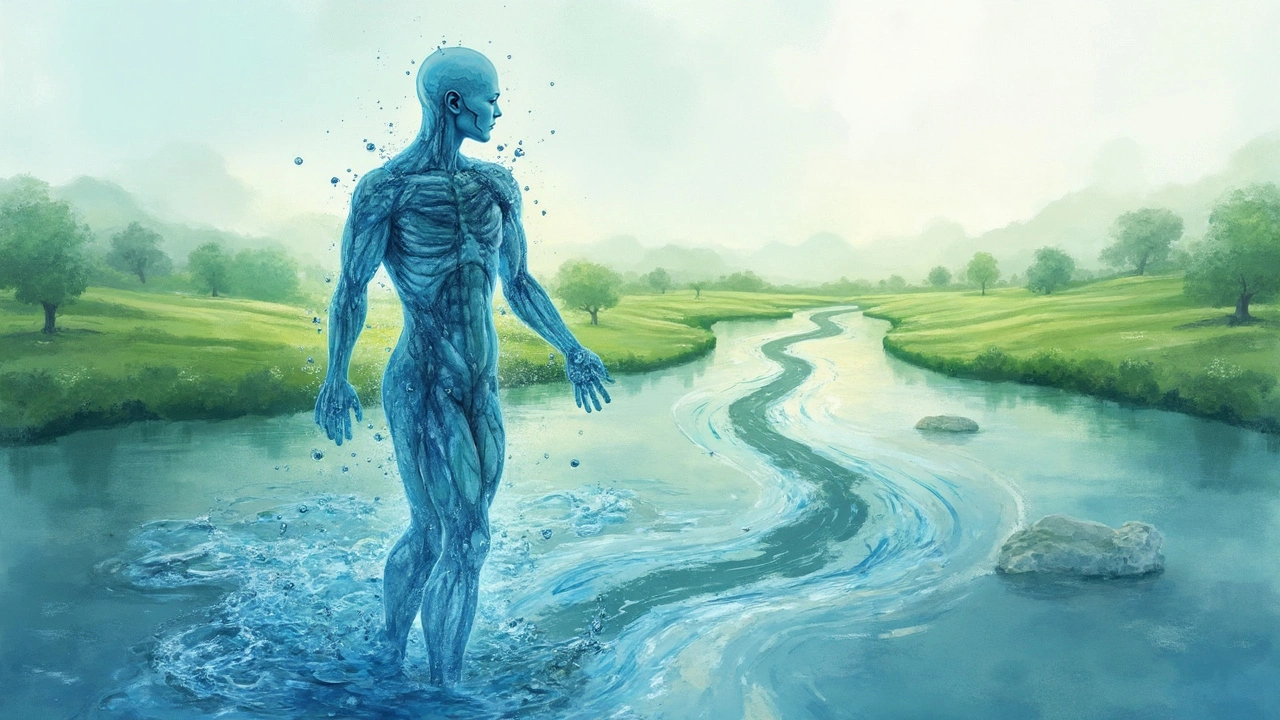
Smart Hydration Habits for Muscle Health
Let’s talk about making hydration a part of your routine, just like brushing your teeth. Consistent hydration can dramatically reduce muscle aches after workouts and help you bounce back faster.
Pre-Workout Hydration: Setting the Stage
Getting enough fluids before you even start exercising is like filling up your car with gas before a road trip. Drink at least 16-20 ounces of water about two hours before you hit the gym. This allows your body to absorb the H2O and helps prepare your muscles for action.
Hydration During Workouts: Keep it Flowing
Don't just guzzle down water blindly. Listen to your body. For sessions longer than an hour, consider drinks with electrolytes to replace what you're sweating out. A good practice is to sip on 7-10 ounces of water every 10-20 minutes during exercise.
Post-Workout Recovery: Replenishing the Reserves
After you’re done, your muscles crave hydration to kickstart recovery. Aim to drink 16-24 ounces for every pound of weight you lost during the workout (yes, stepping on the scale pre- and post-workout isn’t just vanity!). This helps replace fluids and gives muscles what they need to rebuild and repair.
Keep Track: Water Apps and Bottles
If you often forget to drink water, try using a hydration tracking app or invest in a water bottle with time markers. These helpful tools serve as reminders throughout your day. You'll be amazed at how a simple nudge can keep you on your game.
Fun Fact Table: Did You Know?
| Fact | Detail |
|---|---|
| Muscle is 75% Water | This high water content means staying hydrated directly impacts muscle function. |
| Sweat Rate | On average, you lose about 0.8-1.4 liters of water per hour of exercise. |
Remember, keeping those muscles free from aches and pains isn't just about hydration around exercise time. Make drinking water a full-day affair, alongside meals and every couple of hours – your muscles will thank you!
Hydration Myths Busted
There are plenty of myths swirling around about hydration and its role in muscle recovery. It's time to set the record straight, so you can keep those muscle aches at bay with confidence.
Myth 1: You Only Need Water When You’re Thirsty
Believe it or not, by the time you feel thirsty, you’re already behind on hydration. Thirst is your body's way of signaling dehydration. Essentially, don’t wait for a dry mouth to remind you—make a habit of sipping throughout the day to keep your muscle health on track.
Myth 2: Any Drink will Do
Not all liquids are created equal. While hydration sounds simple, grabbing any drink can sometimes do more harm than good. Sugary drinks or caffeinated beverages can actually lead to more dehydration. Stick with water, and if you're losing a lot of sweat, consider sports drinks that replenish electrolytes too.
Myth 3: You Can't Overhydrate
This one's a bit of a shocker! Overhydration, or hyponatremia, is real and happens when you dilute the sodium levels in your body. Balance is key here. It's not about chugging gallons; it's about consistent and moderate hydration.
| Myth | Fact |
|---|---|
| Drink only when thirsty | Stay hydrated consistently |
| All fluids hydrate equally | Choose water and electrolyte-replenishing drinks |
| Can't overhydrate | Too much water can dilute essential electrolytes |
Understanding these myths will empower you to make better decisions for muscle prevention and recovery. Knowledge is power, folks, and a little bit of right information can save you from unnecessary discomfort.

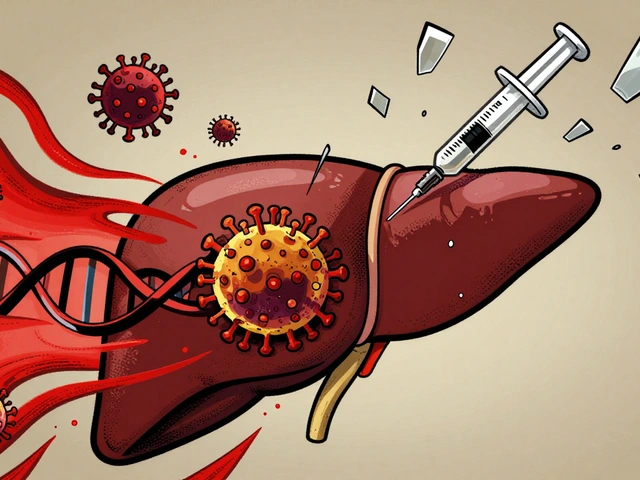
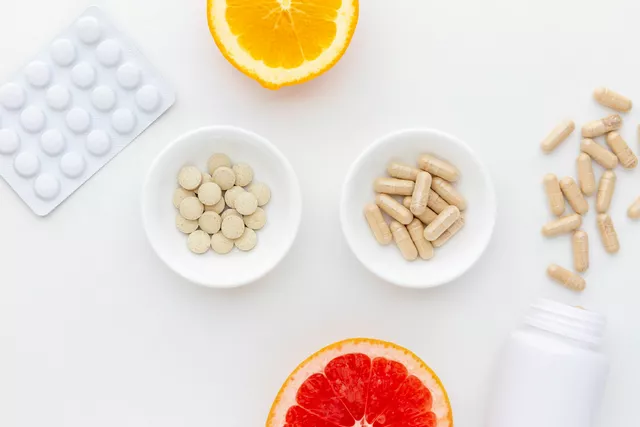
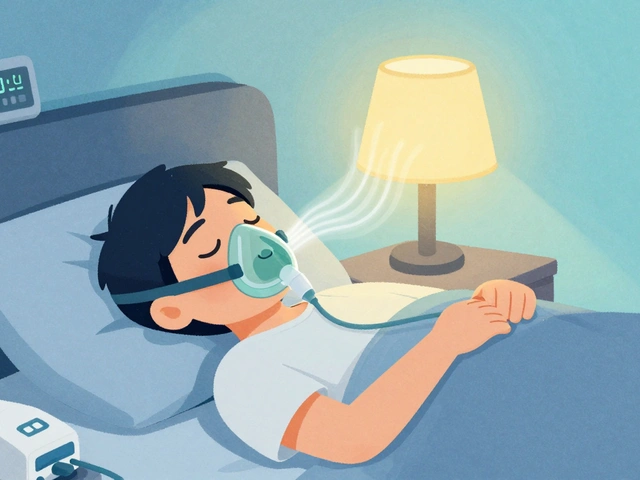
Katherine Reinarz
March 22, 2025 AT 02:07John Kane
March 22, 2025 AT 12:04Callum Breden
March 23, 2025 AT 09:18Mansi Gupta
March 24, 2025 AT 23:26Erin Corcoran
March 26, 2025 AT 15:24shivam mishra
March 27, 2025 AT 13:56Scott Dill
March 28, 2025 AT 08:14Arrieta Larsen
March 28, 2025 AT 09:50Mike Gordon
March 28, 2025 AT 14:18Kathy Pilkinton
March 30, 2025 AT 13:57Holly Dorger
March 30, 2025 AT 14:42Amanda Nicolson
April 1, 2025 AT 05:46